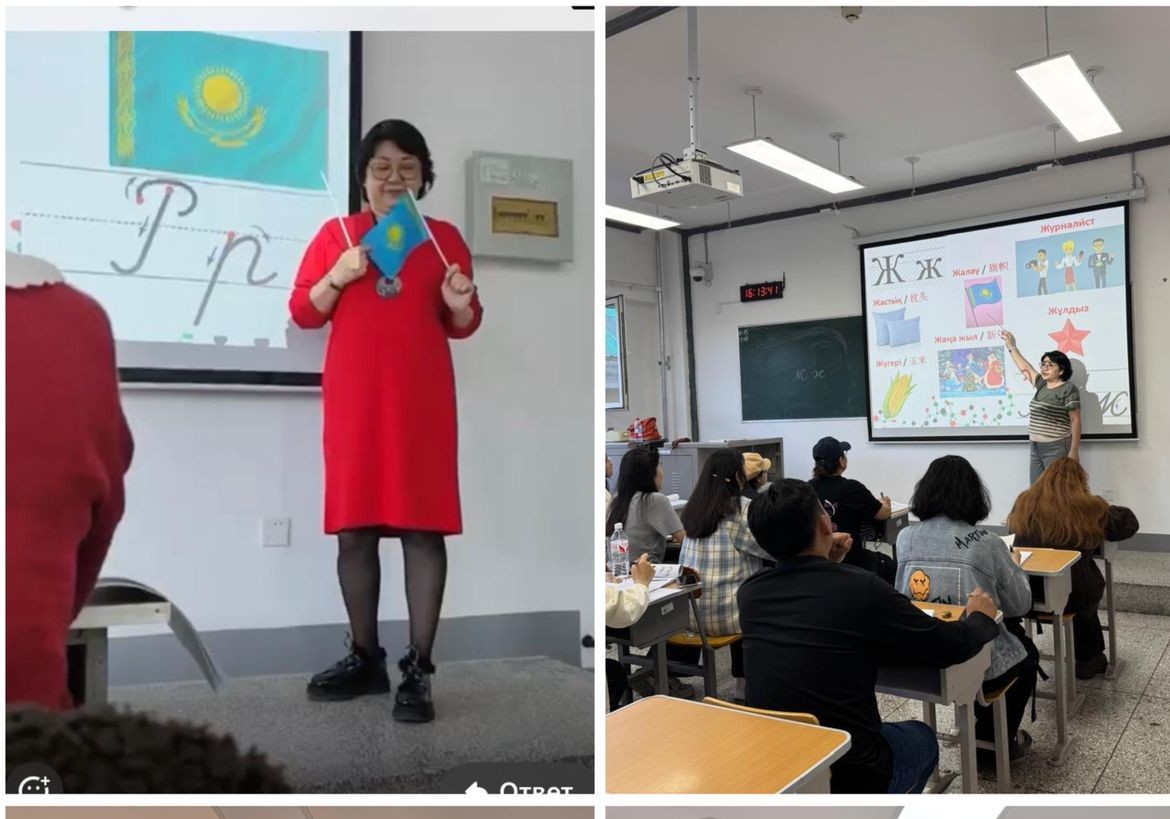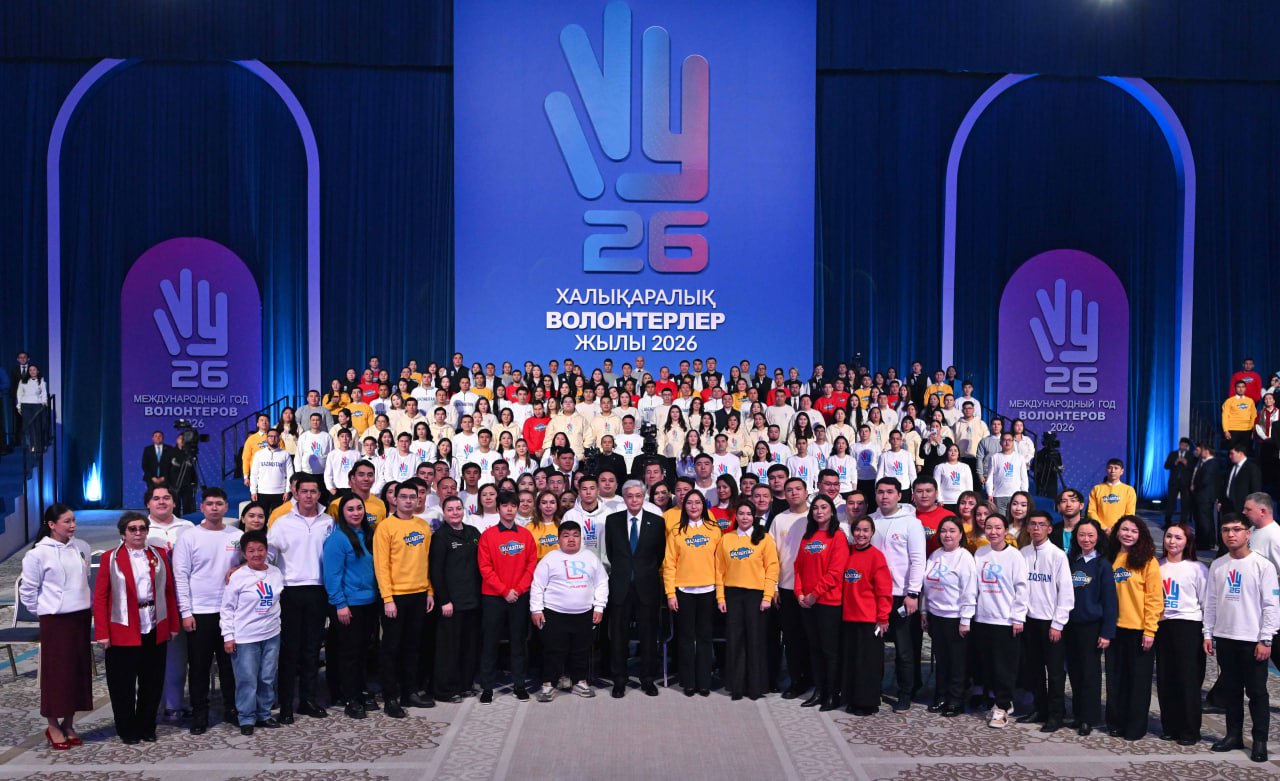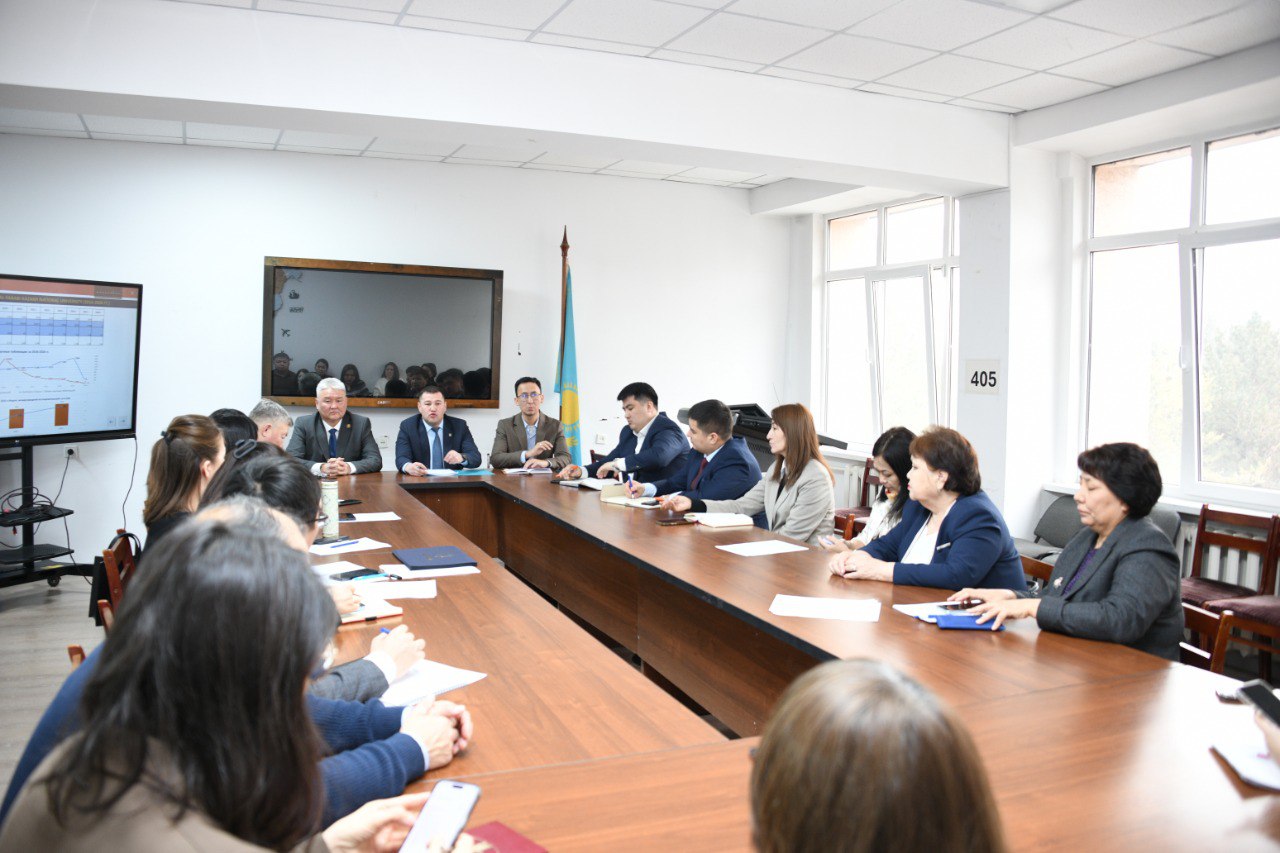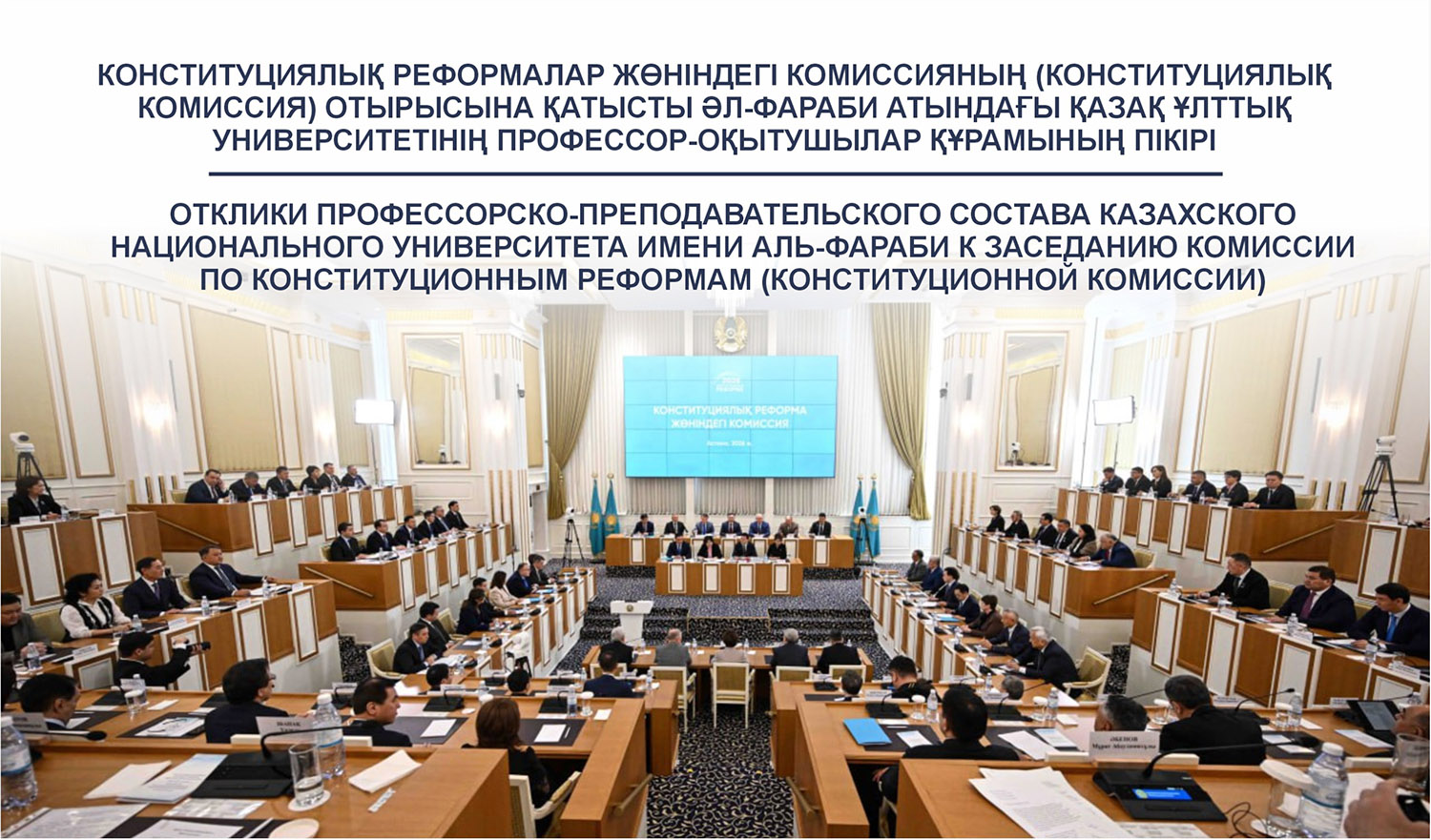- Main
- News
- In 2023, a cooperation agreement was signed between Al-Farabi Kazakh National University and Xinjiang University.
In 2023, a cooperation agreement was signed between Al-Farabi Kazakh National University and Xinjiang University.

In 2023, a cooperation agreement was signed between Al-Farabi Kazakh National University and Xinjiang University, which provides for student exchanges and the invitation of lecturers. This agreement is one of the key steps demonstrating the strengthening of ties between Kazakhstan and China in the field of education.
Since February 2025, as part of a pilot project, Zhanna Umatova, a lecturer from the Department of Turkology and Language Theory of KazNU, has been working at the Faculty of Russian Language of the Institute of Foreign Languages of Xinjiang University as a visiting specialist. She teaches Kazakh and Russian languages to Chinese students. It is especially noteworthy that students from various faculties and years of study have shown interest in learning the Kazakh language. This is the first experience of a Kazakhstani lecturer working at Xinjiang University, and the future popularity of Kazakh language studies directly depends on the quality of this work. The initial results indicate a high level of student motivation and their interest not only in the language but also in the culture of the Kazakh people.
For KazNU, the promotion of the Kazakh language beyond the borders of the country is an important goal. This contributes to raising the status of the language at the international level and turning it into a tool of cultural diplomacy. Among the students who have chosen to study Kazakh are representatives of Han, Dungan, Uyghur, Kazakh, and other nationalities. In the future, they dream of visiting Kazakhstan, participating in summer schools, joining academic projects, or coming as tourists. This, in turn, contributes to the formation of a positive image of Kazakhstan.
Undoubtedly, learning the Kazakh language is a serious challenge for Chinese students, as Kazakh and Chinese differ not only genealogically but also structurally. The agglutinative nature of the Kazakh language, its sentence structure, and syntax can be unfamiliar to students. The absence of a language environment also affects the learning process. Additionally, the pronunciation of specific Kazakh sounds such as қ, ғ, ұ, і, and others presents a separate difficulty. Zhanna Umatova makes efforts to overcome these barriers through phonetic exercises, educational games, and visual materials.
Students use a textbook written in Chinese. At the same time, Zhanna Umatova introduces additional didactic materials and resources used in Kazakhstan into the educational process. In her teaching practice, she employs interactive methods, modern technologies, audio and video materials, which help increase student engagement. Her mission is not only to teach the language but also to instill love and respect for the Kazakh people. This opens up opportunities for expanding cooperation between the two neighboring nations.
In addition to classroom activities, cultural events such as Nauryz, the Day of Languages of the Peoples of Kazakhstan, and other holidays are planned. Such events allow students to become more familiar with Kazakh traditions and everyday life. Students also participate in creative competitions, perform Kazakh songs, and prepare national dishes. This helps them to master the language not only in theory but also in practice and within a cultural context.
In the future, as part of similar projects, KazNU and Xinjiang University plan to hold joint academic conferences, round tables, and academic exchanges. In addition, there are plans to launch projects on translating Kazakh literature into Chinese and vice versa. These are important initiatives aimed at further strengthening intercultural dialogue.
Senior Lecturers of the Department of Turkology and Language Theory, Zh.M. Umatova, S. Mataу


